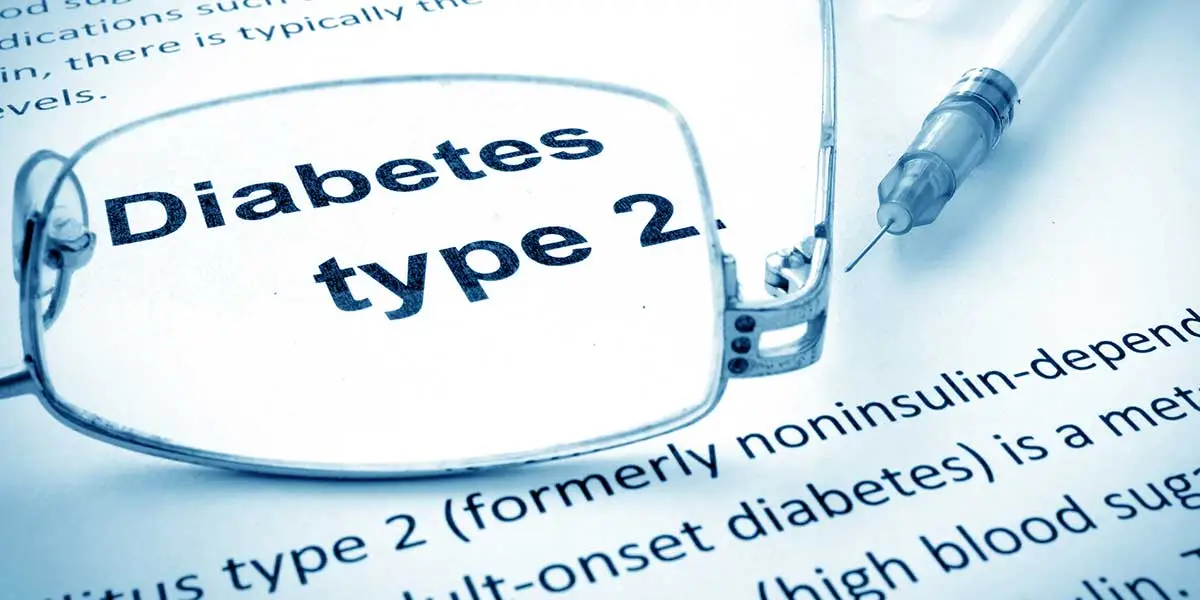
Mar 10, 2023
Blog Life Sciences The Next-Generation Treatments for Type 2 Diabetes
Type 2 diabetes is one of the greatest health challenges of our times. The disease is not limited to the West, but impacts every corner of the world, contributing to millions of deaths annually. And concerningly, the number of cases is climbing.
The International Diabetes Federation (IDF) recorded that over 483 million people had type 2 diabetes in 2021. The IDF estimates that this figure will rise to 578.4 million by 2030, and again to 700.2 million by 2045, at a projected growth of 51%.
There’s currently no cure for diabetes. Sufferers are encouraged to lose weight, change their diets, and increase their activity to help manage their condition. Lifestyle changes come hand in hand with insulin therapy, which typically involves daily injections. It’s a pathway diabetics have been treading for decades, until recently. Now, a new generation of drugs is emerging, offering innovative methods of treating diabetes.
In recent years, there’s been a notable rise in the number of therapy and drug approvals for type 2 diabetes. New treatment options are emerging, which leaves doctors and patients optimistic for more favorable outcomes.
In 2021, the FDA approved Eli Lilly’s Mounjaro, a once-weekly injection of tirzepatide for the treatment of adults with type 2 diabetes. Mounjaro works by targeting two hormones instead of one, both GIP (glucose-dependent insulinotropic polypeptide) and GLP-1 (glucagon-like peptide-1). This makes it the first and only approved drug of its kind.
Eli Lilly initially released the drug with a $25 per month savings program. Mounjaro swiftly went viral due to its side effect of appetite suppression; Patients reported life-changing amounts of weight loss in a matter of months. But the drug’s wild popularity led to supply shortages, denying many diabetics access to the medication.
Despite the press snowstorm that followed, what Mounjaro really represents is a new generation of drugs set to revolutionize diabetic treatments and, incidentally, the obesity epidemic. As reported in the Independent, Geoff Meacham, analyst from the Bank of America said: “We’re modeling for 2024 worldwide sales of $4.7 billion.”
The next wave of treatments is advancing rapidly. Big pharma companies are funneling investments into their diabetes portfolios, pursuing both monotherapy and combination approaches. In 2019, the FDA approved the first oral GLP-1 treatment for type 2 diabetes.
The new wave of treatments is not concerned solely with glucose control, but also seeks to offer patients cardiovascular and kidney benefits. More novel pharmaceuticals based on advanced mechanisms of action are expected to be approved in the near future, leading to significant growth in the market. Standing at $52.6 billion in 2021, BCC Research predicts the global market for type 2 diabetes treatment will reach $77.2 billion by 2027.
BCC Research’s latest report breaks down the global market for type 2 diabetes, considering the rise in advance novel treatments. Download your complimentary report overview or purchase the report in full.
Innovative drugs come at a cost. Diabetes drugs that use advanced mechanisms of action (like GLP-1 therapy and SGLT2 inhibitors) carry hefty price tags. R&D for these drugs is extensive and expensive. Advanced technologies are involved in their development, and the required manufacturing processes are also costly. Factors like these contributed to the $1,000 per month wallet hit associated with drugs like Mounjaro.
But in terms of the market, the premium pricing of innovative drugs is driving more companies to commercialize these products. Pharmaceutical and biotech companies alike are becoming involved in the development of next-generation diabetes drugs in a bid to reap the commercial benefits. With global governments driving stricter control of drug prices and promoting the penetration of generics, pharmaceutical and biotechnology companies are shifting focus toward the uptake of highly innovative and differentiated specialty medicines.
On the other side of the coin, diabetes treatment is increasingly being integrated with digital health, granting patients more personalized and immediate healthcare. Now, patients need only switch on their smartphone to gain access to an array of metrics in helping manage their diabetes. Demand for smart insulin drug delivery technologies is skyrocketing, as the devices offer better precision and better outcomes for insulin-dependent patients.
Sanofi, in collaboration with Abbott and Biocorp, Health2Sync and Roche, is building a connected set of digital tools to support diabetics. Sanofi aims to use aggregated de-identified data to generate insights to inform patients and providers, as well as to evaluate additional clinical or quality-of-life outcomes. Similar tools have been launched in several countries to success, demonstrating the value of a fully connected, digital healthcare ecosystem.
The landscape for type 2 diabetes treatment is changing. As more people gain diagnoses, more innovative methods of treatment are required. These next-generation drugs are hoped to help diabetics better manage their condition, and lead to improved outcomes across the board.
BCC Research also publishes a range of reports on the healthcare sector. Gain access to the full scope of our knowledge with a library membership – get in touch below to discover more!

Olivia Lowden is a Junior Copywriter at BCC Research, writing content on everything from sustainability to fintech. Before beginning at BCC Research, she received a First-Class Master’s Degree in Creative Writing from the University of East Anglia.
In today’s fast-paced biomedical world, researchers and pharmaceutical companies...

Radiopharmaceuticals represent a cutting-edge frontier in modern medicine, offer...

Implantable Remote Patient Monitoring (IRPM) devices are revolutionizing healthc...

We are your trusted research partner, providing actionable insights and custom consulting across life sciences, advanced materials, and technology. Allow BCC Research to nurture your smartest business decisions today, tomorrow, and beyond.
Contact UsBCC Research provides objective, unbiased measurement and assessment of market opportunities with detailed market research reports. Our experienced industry analysts assess growth opportunities, market sizing, technologies, applications, supply chains and companies with the singular goal of helping you make informed business decisions, free of noise and hype.